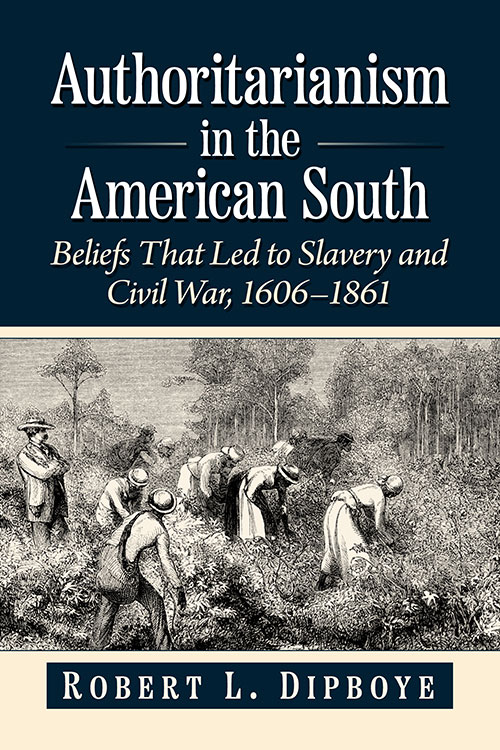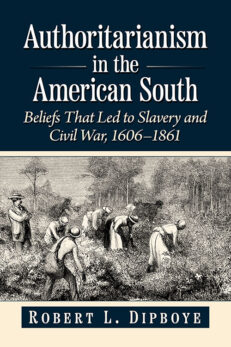Authoritarianism in the American South
Beliefs That Led to Slavery and Civil War, 1606–1861
$49.95
In stock
About the Book
The evidence is overwhelming that the protection and expansion of slavery was a primary reason for the secession of the Confederate states and the Civil War that followed. While slavery undoubtedly was important, a more fundamental cause was a belief system held in common among the ruling elite. The antebellum South was not only a slave society but also an authoritarian society, shaped by a view of the world as dangerous/competitive, an us vs. them mentality, a dominance/obedience orientation, and closed-mindedness. The authoritarianism of the founding elites, in combination with the travails they experienced on the Southern frontiers, led to oppression, racism, and corruptions in thinking, emotion, and behavior. It also perpetuated the practice of slavery, sparked the Civil War, and left a difficult legacy.
In a unique application of contemporary social psychological theory and research to the interpretation of history, this book traces the evolution of Southern authoritarianism from the founding of Virginia in 1606 to the secession of the Confederate states in 1861. In doing so, it examines how belief systems become embedded in a society, act as both consequences and causes of historical events, and have effects that reverberate far into the future.
About the Author(s)
Bibliographic Details
Robert L. Dipboye
Format: softcover (6 x 9)
Pages: 291
Bibliographic Info: 4 photos, 1 map, notes, bibliography, index
Copyright Date: 2024
pISBN: 978-1-4766-9564-8
eISBN: 978-1-4766-5287-0
Imprint: McFarland
Table of Contents
Preface 1
1. Why Did William Cross Fight? 3
2. Making the Authoritarian Slave Society 37
3. Justifying the Authoritarian Slave Society 114
4. Corrupting the Southern Elite 158
Epilogue: The Legacies of Antebellum Authoritarianism 219
Chapter Notes 225
Bibliography 229
Index 275





